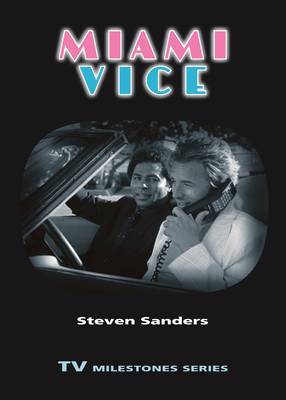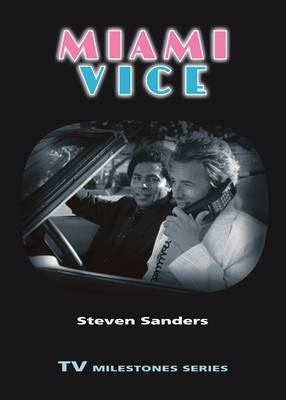
- Retrait gratuit dans votre magasin Club
- 7.000.000 titres dans notre catalogue
- Payer en toute sécurité
- Toujours un magasin près de chez vous
- Retrait gratuit dans votre magasin Club
- 7.000.0000 titres dans notre catalogue
- Payer en toute sécurité
- Toujours un magasin près de chez vous
Description
Discusses the aesthetic appeal, production history, philosophical themes, and enduring importance of the groundbreaking 1980s television series.
Spécifications
Parties prenantes
- Auteur(s) :
- Editeur:
Contenu
- Nombre de pages :
- 128
- Collection :
Caractéristiques
- EAN:
- 9780814334195
- Date de parution :
- 15-08-10
- Format:
- Livre broché
- Dimensions :
- 126 mm x 179 mm
- Poids :
- 150 g

Les avis
Nous publions uniquement les avis qui respectent les conditions requises. Consultez nos conditions pour les avis.






